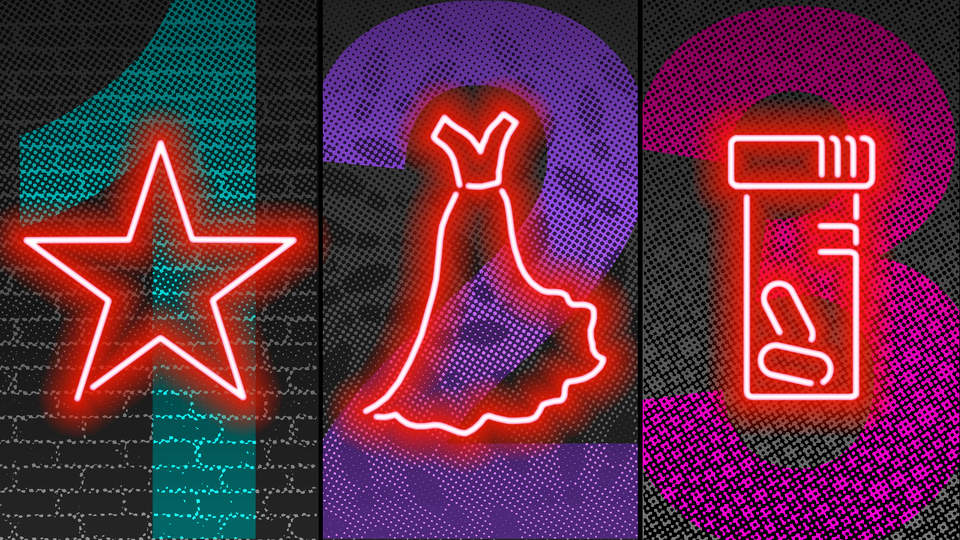What becomes of the children of famous (or notorious) people later in their lives is fertile ground for fiction as well as documentary storytellers. One of the best of the genre is E.L. Doctorow’s novel, The Book of Daniel, telling the story of the fictional children of a couple based on Julius and Ethel Rosenberg. 1 2 3 (written by Lila Rose Kaplan and directed by Lauren Patton) falls into this general category, telling the fictional story of three daughters of late 20th-century radicals imprisoned for bombing and murder.

As the title suggests, birth order plays an important role. “1” (Kazi Jones) is the oldest child, feeling responsible for and trying to control her younger sisters. She is deeply loyal to her parents and their cause. “2,” also known as “T” (Grace Eda Baker), is the middle child, obviously angry and traumatized by the situation, rejecting her parents and older sister and insistent on going her own way. In Baker’s performance, 2 is the play’s most interesting and complex character. When we first see “3” (Amber James), the youngest, she is a bundle of energy videotaping everything in sight, which later leads her into a media career.
Ballroom dancing comes into the show in the form of Luke (Jonathan M. Rizardi), a sweet, charming 18-year-old waiter in the local café where the sisters meet for breakfast. An aspiring competitive ballroom dancer, he gives 2 dancing lessons, which turn into a successful dance partnership and, later, a romantic relationship. Their dance sequences, choreographed by Mary Kathryn Sagastume, are smoothly and attractively performed.
Though presented as a long one-act, the show breaks naturally into two sections (in a 100-minute production, an act break would not have been out of place). The first explores how the young protagonists variously deal with their parents’ imprisonment and notoriety. The second, with an increasingly melancholy tone, ever-heavier melodrama, and, arguably, excessive length, traces the disappointments of their adult lives – troubled relationships, lost jobs, drug use and depression among them. To their credit, the actors mostly navigate their characters’ changing ages successfully (Jones is noticeably more credible as an adult than a 17-year-old).
Casandra Saluski’s lighting design is nicely complex, with a goodly number of instruments for a church basement setting. Andrew Brockmeyer’s sound design has its oddities, featuring pre-show music about as far removed from ballroom dancing as one can imagine and a less-than-convincing array of phone ringtones (one sounds a bit like a moo). The actors double as stagehands, scurrying around between scenes with set pieces and props in ways that sometimes force them out of character. In her program note, Patton talks of the story focusing on how the daughters of two members of a radical group deal with the choices of their parents. If that is the play’s intention, it becomes somewhat muddled in its second section, where the sisters’ struggles are rooted more in their adult choices than in their parents’ pasts.
Running Time: 100 minutes, with no intermission.
1 2 3: a play about abandonment and ballroom dancing, presented by Theatre Prometheus, plays through July 29, 2018, at Christ United Methodist Church—900 4th Street SW, in Washington, DC. For tickets, call 866-811-4111, or purchase them online.
Rating:




